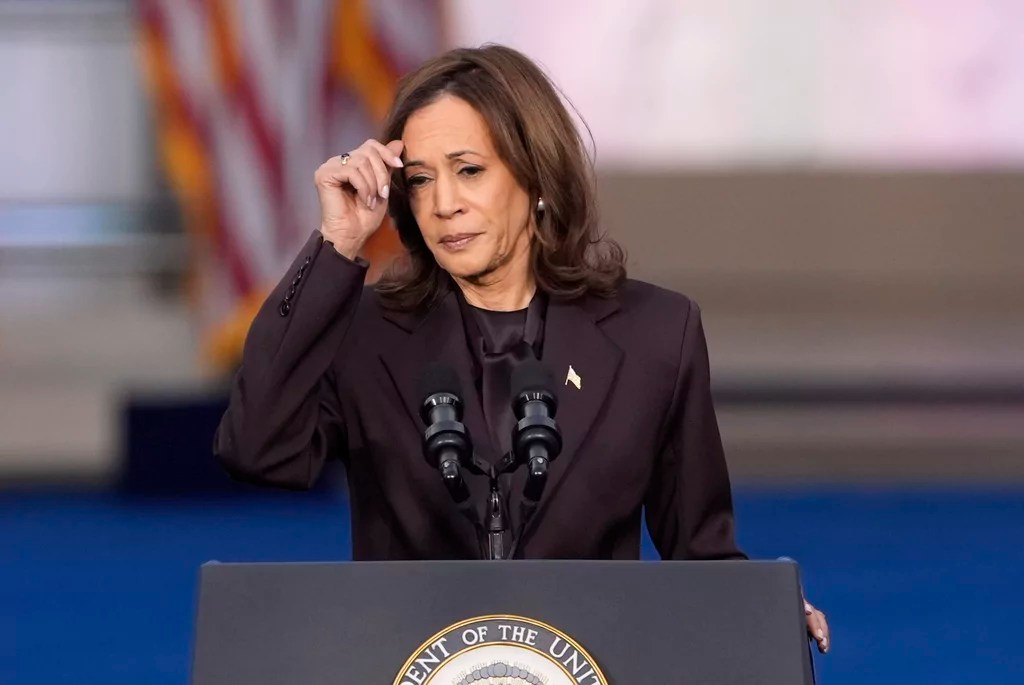Ex-U.S. Ambassador Accused of Spying for Cuba
Former U.S. Ambassador Charged with Spying for Cuba
In a shocking revelation, court documents have unveiled that a former ambassador to Bolivia, Victor Manuel Rocha, has been charged by U.S. prosecutors for secretly working as a Cuban intelligence agent for over four decades. This clandestine mission involved gathering intelligence against the United States. Rocha, who held various positions within the State Department, was arrested in Miami, Florida, and now faces multiple federal charges, including acting as an illegal agent of a foreign government.
Attorney General Merrick B. Garland described this case as one of the most extensive infiltrations of the U.S. government by a foreign agent. Rocha, a naturalized U.S. citizen originally from Colombia, allegedly spent 40 years covertly working for Havana while strategically positioning himself within the U.S. government to access classified information and influence foreign policy.
The indictment does not provide specific details about the information Rocha shared with Cuban intelligence. However, it is known that he rose through the ranks of the State Department between 1981 and 2002, serving in various U.S. Embassies and even on the White House’s National Security Council. Later, he became an advisor to the Commander of the U.S. military’s Southern Command, which includes Cuba in its area of responsibility.
During recent meetings, Rocha confessed his decades-long involvement as a Cuban intelligence agent to an undercover FBI agent posing as a representative of the Cuban General Directorate of Intelligence. He described his efforts to infiltrate the U.S. government as meticulous and disciplined, claiming they had greatly strengthened the Cuban revolution.
Throughout these meetings, Rocha consistently referred to the U.S. as “the enemy” and praised Fidel Castro as the “Comandante.” He also used terms like “Compañeros” for his contacts in Cuban intelligence and referred to the Cuban intelligence services as the ”Dirección.”
It remains unclear if Rocha’s legal representation has issued a comment, and his wife declined to provide any statements. Rocha is scheduled to appear before a U.S. Magistrate Judge in Miami on December 4.
This arrest comes nearly a year after another high-ranking federal official, Ana Belen Montes, was released from prison after serving over two decades for leaking classified information and identities of American spies to Cuba. The case highlights the ongoing threat of espionage and the need for continued vigilance in protecting national security.
CLICK HERE TO GET THE DAILYWIRE+ APP
How should the United States evaluate its diplomatic relations with Cuba in light of Rocha’s arrest and the concerns over Cuba’s intelligence capabilities
Decisions. This shocking revelation has sent shockwaves throughout the diplomatic community and raises serious questions about the U.S. government’s ability to detect and prevent espionage activities.
The fact that a former ambassador, someone trusted with representing the United States abroad, could be involved in such devious activities is deeply troubling. It demonstrates the sophisticated and relentless nature of foreign intelligence agencies in their pursuit of sensitive information. Moreover, it highlights the vulnerabilities within the U.S. government’s security apparatus that allowed Rocha to evade detection for such a long period.
The charges against Rocha include acting as an illegal agent of a foreign government, conspiracy to commit espionage, and providing classified information to a foreign power. If convicted, he could face severe penalties, including lengthy imprisonment. The U.S. Department of Justice has made it clear that they will relentlessly pursue those who seek to undermine the country’s national security.
This case underscores the need for strengthened counterintelligence efforts and improved security measures to safeguard national secrets. The U.S. government must invest in advanced technologies and intelligence capabilities to detect and thwart espionage activities effectively. It is imperative to enhance the vetting process for individuals who assume sensitive positions within the government to minimize the risk of infiltration by foreign agents.
Additionally, this case serves as a stark reminder for governments around the world to remain vigilant against the threat of espionage. Regardless of a country’s size or geopolitical influence, no nation is immune to infiltration and coercion by foreign intelligence agencies. It is crucial for governments to prioritize counterintelligence efforts and collaborate with international partners to share information and combat these threats collectively.
The arrest of Rocha also raises questions about Cuba’s intelligence capabilities and their intentions towards the United States. Cuba has long been viewed as a security threat to the U.S., and this incident reinforces those concerns. The United States must carefully evaluate its diplomatic relations with Cuba and consider appropriate measures to counteract any further espionage activities by the Cuban government.
Furthermore, this case serves as a warning to other countries that engage in intelligence operations against the United States. The U.S. government is committed to protecting its national security and will not hesitate to apprehend individuals involved in espionage activities. This incident sends a clear signal that the U.S. will hold accountable those who seek to undermine its interests, regardless of their former positions or affiliations.
In conclusion, the charges against former U.S. Ambassador Victor Manuel Rocha for spying on behalf of Cuba have sent shockwaves through the diplomatic community. This case highlights the need for enhanced security measures and counterintelligence efforts to protect national secrets. It also serves as a reminder for governments worldwide to remain vigilant against the threat of espionage. The U.S. government’s commitment to safeguarding its national security and holding accountable those involved in espionage activities is unwavering.
" Conservative News Daily does not always share or support the views and opinions expressed here; they are just those of the writer."





Now loading...